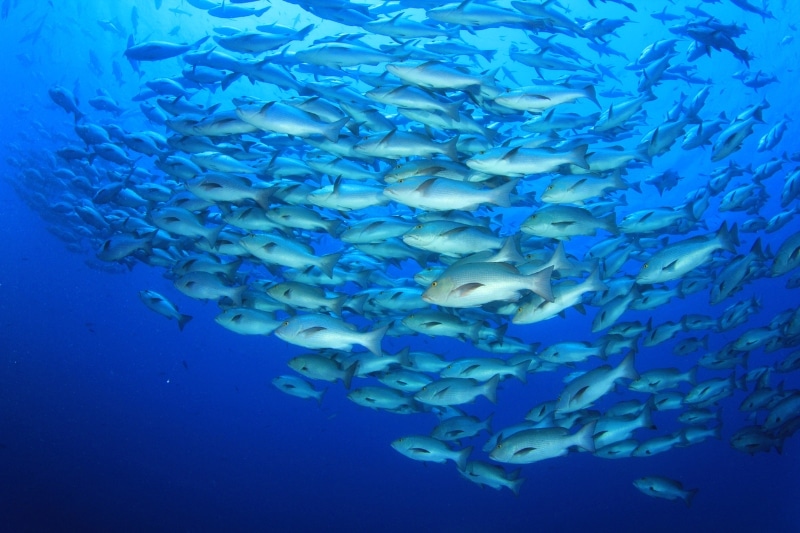BMW Singapore RAS, a local aquaculture firm, has announced plans to produce 1,000 metric tons of farmed salmon in Singapore by 2025, marking a significant step in the city-state’s efforts to enhance food security and reduce reliance on imports. The company’s initiative centers on a state-of-the-art recirculating aquaculture system (RAS), which will allow sustainable, land-based production of Atlantic salmon. The project is designed for scalability, with ambitions to expand capacity to 3,000 metric tons in later phases, directly supporting Singapore’s “30 by 30” food sufficiency goal to locally produce 30% of its nutritional needs by 2030.
To realize this vision, Singapore RAS has entered a strategic partnership with Norwegian firms OFS Norge AS and Onshore Technologies AS (ONTEC), signing a Letter of Intent that covers RAS technology transfer, investment, and skills capacity-building. The collaboration includes a basic design study for the RAS facility and access to ONTEC’s aquaculture academy in Norway for local talent development. The project emphasizes sustainability and circular economy principles, aiming for maximum recirculation of resources and minimal environmental impact.
For Singapore, this development is a business and agri-food milestone. It will help diversify and strengthen the local food supply, create high-tech jobs, and position Singapore as a leader in sustainable urban aquaculture. For the business, Singapore RAS will be able to serve the region’s highest per capita salmon market, reduce logistical costs, and potentially export to neighboring Southeast Asian markets. The initiative aligns with national priorities on food resilience, innovation, and climate-friendly production, setting a benchmark for future agri-food investments in Singapore.
(Source: Seafood Source)

